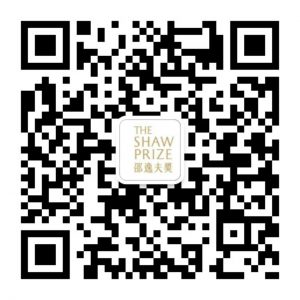以表彰他对人类皮肤感知疼痛、刺激和温度以至产生疼痛、过敏现象背后的分子机制的开创性发现。
人类对周围环境的感知有听觉、视觉、嗅觉、味觉和触觉等五种。大卫・朱利雅斯(David Julius)发现了有关的分子机制,使人类可以通过触觉,感知疼痛,温度和其他相关感觉。
人类能感觉疼痛,从而避开伤害,维持健康,甚至保障生命。创伤发生后,皮肤变得过敏,即使轻微的触摸或暖和的温度都足以产生疼痛感觉。这种过敏作用保护皮肤不再受损;但却可能发展成为慢性痛症,打击病人的身心健康。
The five senses we use to perceive our environment are hearing, sight, smell, taste and touch. David Julius discovered molecular mechanisms by which the sense of touch allows us to perceive pain and temperature.
The ability to detect painful stimuli is essential to our health and survival as it allows us to avoid direct contact with agents that can produce injury. Following injury, the skin becomes hypersensitive and even light touches or warm temperatures can be painful. This hypersensitivity has the positive function of protecting the skin from further injury. However, it sometimes has a negative outcome, causing the development of chronic pain syndromes that can be physiologically and psychologically devastating. In pioneering studies conducted over the past fifteen years, David Julius and his coworkers have uncovered mechanisms by which we sense pain and temperature as well as mechanisms that underlie pain hypersensitivity. His work has provided insights into fundamental mechanisms underlying the sense of touch and opened the door to rational drug design for the treatment of chronic pain syndromes.
